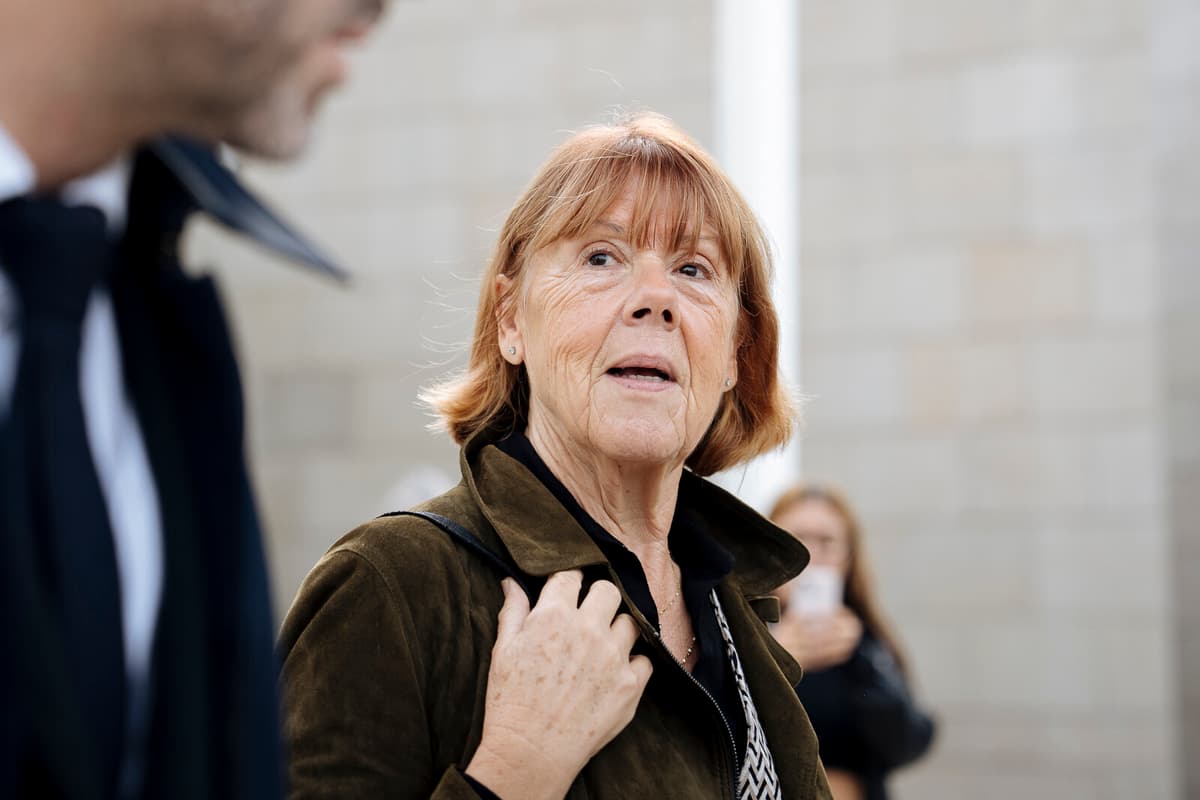When an 84-year-old woman in Uppsala went out and told that she had been raped by an employee in home care, it caused dismay. She has since said in an interview with UNT that she felt shame and thought she was "a bad woman". The shame made her not tell anyone until several weeks later.
In the highly publicized trial in France against Dominique Pélicot, who has been charged with drugging his wife and letting tens of men rape her, the wife Gisèle Pelicot has gone out publicly and emphasized that the shame should lie with the perpetrators and not with her.
Also older women
The fact that these two go out and tell openly has an important signal value. They also show that sexual violence does not only affect young women, says Cecilia Bödker Pedersen, general secretary of Storasyster.
The organization offers support to those who have been subjected to rape or other sexual assaults. In her work, Cecilia Bödker Pedersen has met many who have felt shame over what happened to them.
The one who has been subjected to sexual offenses can get questions from both the judiciary and their surroundings about whether they had been drinking, where they went and what they were wearing, something that reinforces the feeling that it is the victim's fault. Therefore, it is good that these questions come up for discussion, she says.
Blame themselves
Maritha Jacobsson, professor at Uppsala University, has in her research interviewed young women who have been subjected to abuse and how they think about guilt and shame. She also testifies that many lay great blame on themselves.
But some talk about the importance of social media, that they have received much support by going out and telling what they have been through. The support can make you take the step and report, she says.
Not everyone feels good about talking publicly, but seeing others do it can give courage to tell, maybe to a friend and to report. Maritha Jacobsson also believes that movements like "metoo" and the consent law have contributed to a change in society.
Employees within the judiciary testify that women themselves have begun to question when they get questions that are not relevant, for example, she says.
Cecilia Bödker Pedersen also sees that it is moving forward, but slowly.
Every time there is a public discussion, we take small steps forward. But it should not depend on that some women go out publicly, resources and political focus on men's violence against women are needed, she says.






